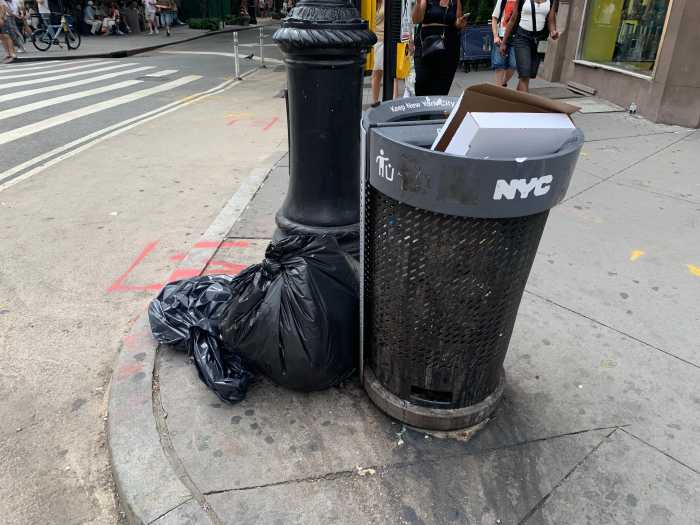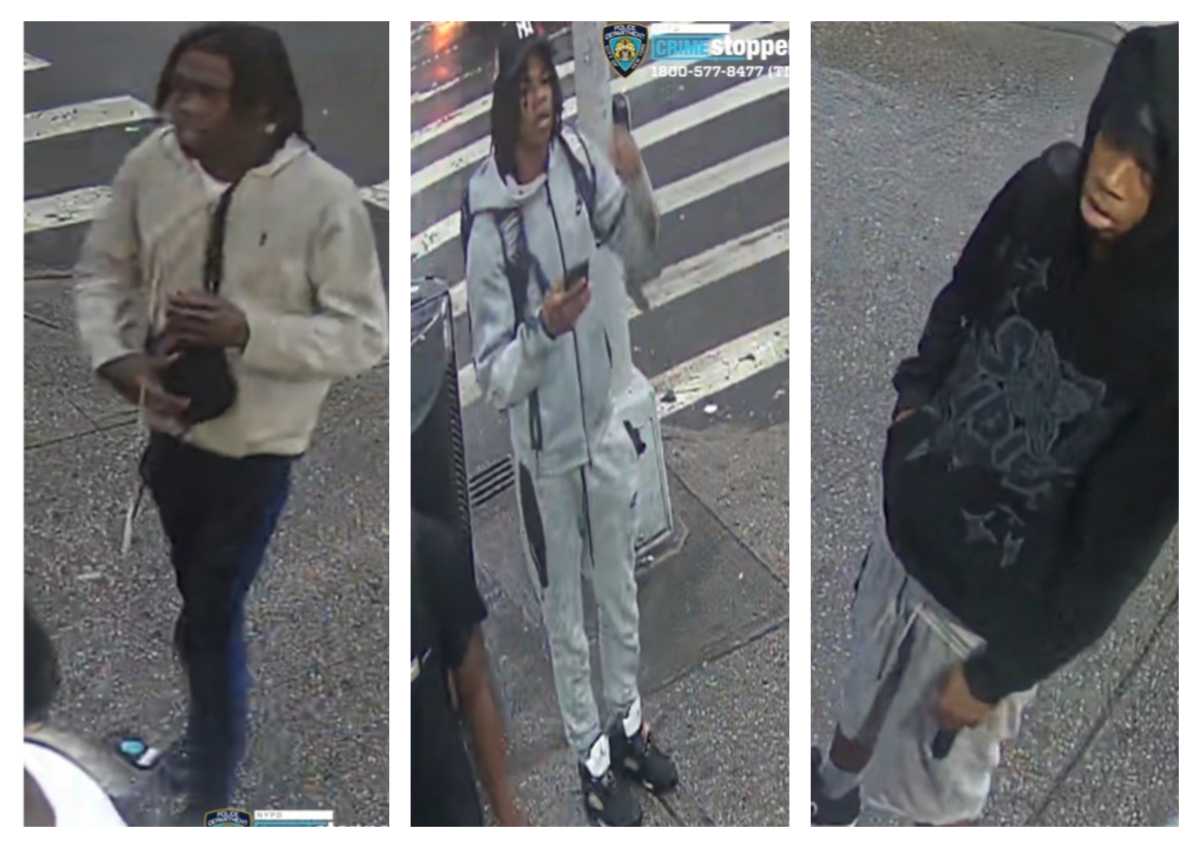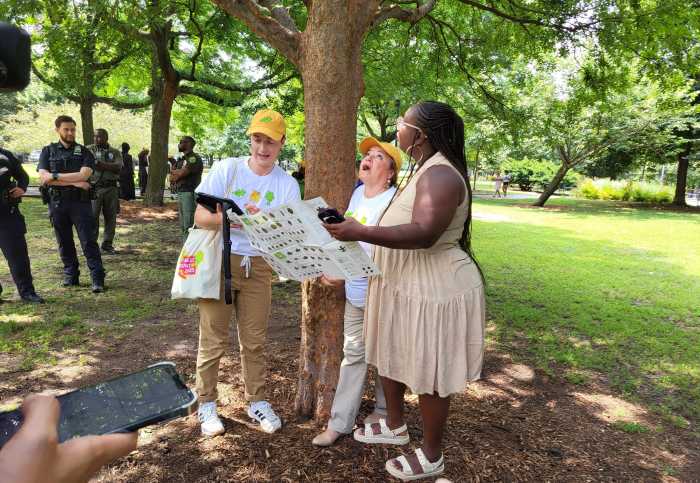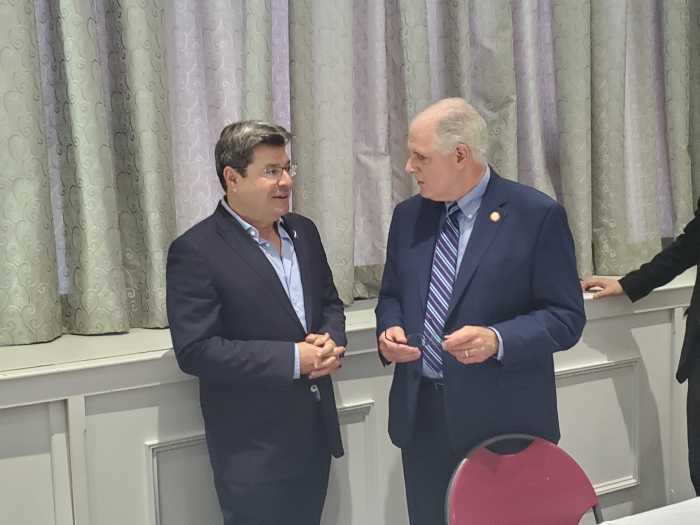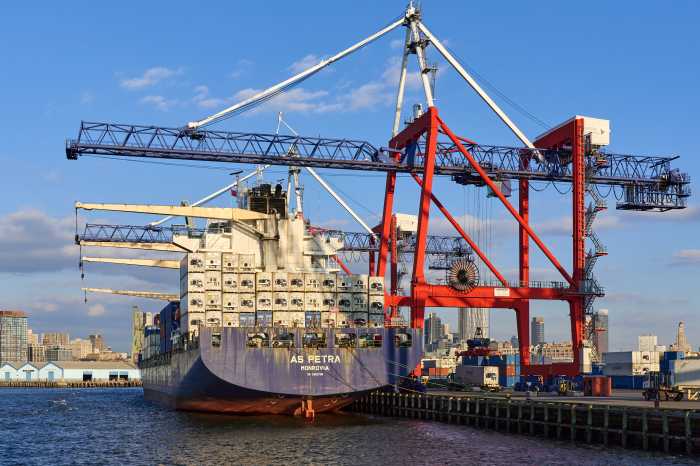A City Council bill that would cap new licenses for ride-hailing vehicles like Uber and Lyft won’t solve traffic congestion, and it might create new problems.
The bill is the most contentious and most problematic one in a package of proposed e-hail regulations scheduled for a vote on Wednesday. City Council Speaker Corey Johnson has said that the various pieces of legislation have two goals: to alleviate congestion on busy streets and to increase the amount of time for-hire cars have passengers.
Certainly, Uber, Lyft and other such vehicles have become ubiquitous. There are about 80,000 such cars across NYC, with 2,000 more coming each month, according to a study by the New School’s Center for New York City Affairs. Supporters of the cap note that the same study shows the cars are empty about 40 percent of the time while on duty. That’s too many clogging the streets without passengers.
So, some of the City Council’s bills are worth considering, including one that would create a minimum wage for drivers, which, council members hope, would encourage companies to fill their cars more. To increase the number of wheelchair-accessible cars, another bill would waive license fees for such vehicles and exempt them from any cap, a good strategy to add more of these cars.
But the council should reject the cap itself. A freeze on new licenses would hurt the outer boroughs, where there’s far more demand for for-hire vehicles because taxis don’t circulate there and mass transit is inadequate. The council’s suggestion that the Taxi and Limousine Commission could lift the cap in certain neighborhoods if there are too few cars seems like a political pipe dream, since city officials have spent years trying to get a cap in place and would be unlikely to remove it.
Most important, the cap wouldn’t deal with the larger, tougher midtown Manhattan traffic issues. City and state officials know the real answer there is congestion pricing.
Of course, it’s far easier to target Uber and its competitors — but in doing so, the City Council is going down the wrong road.





